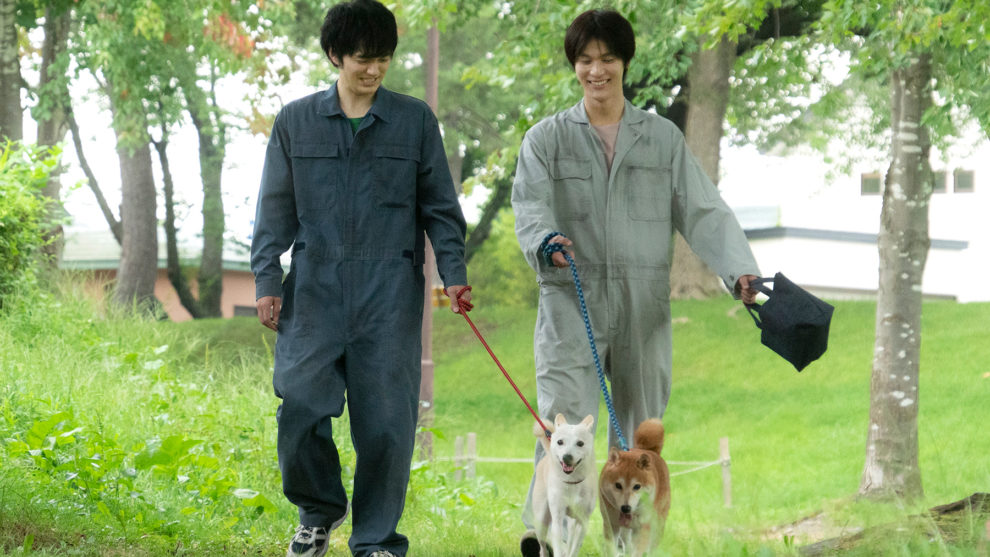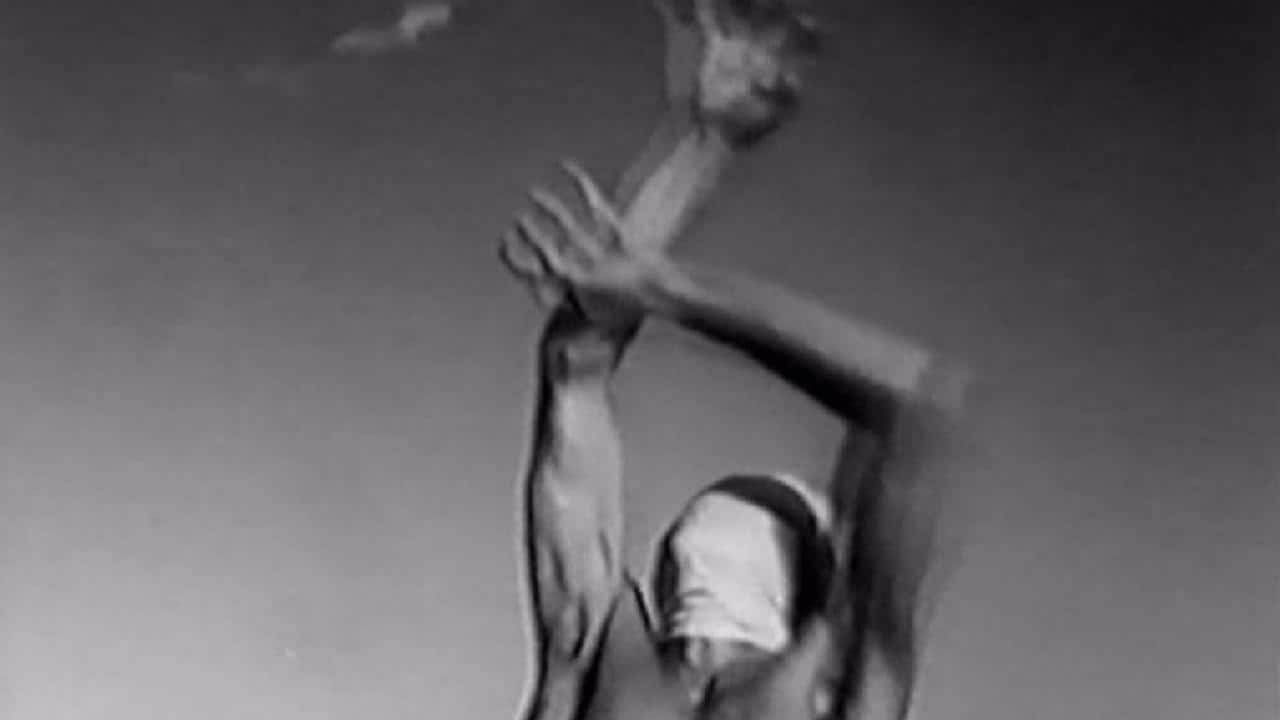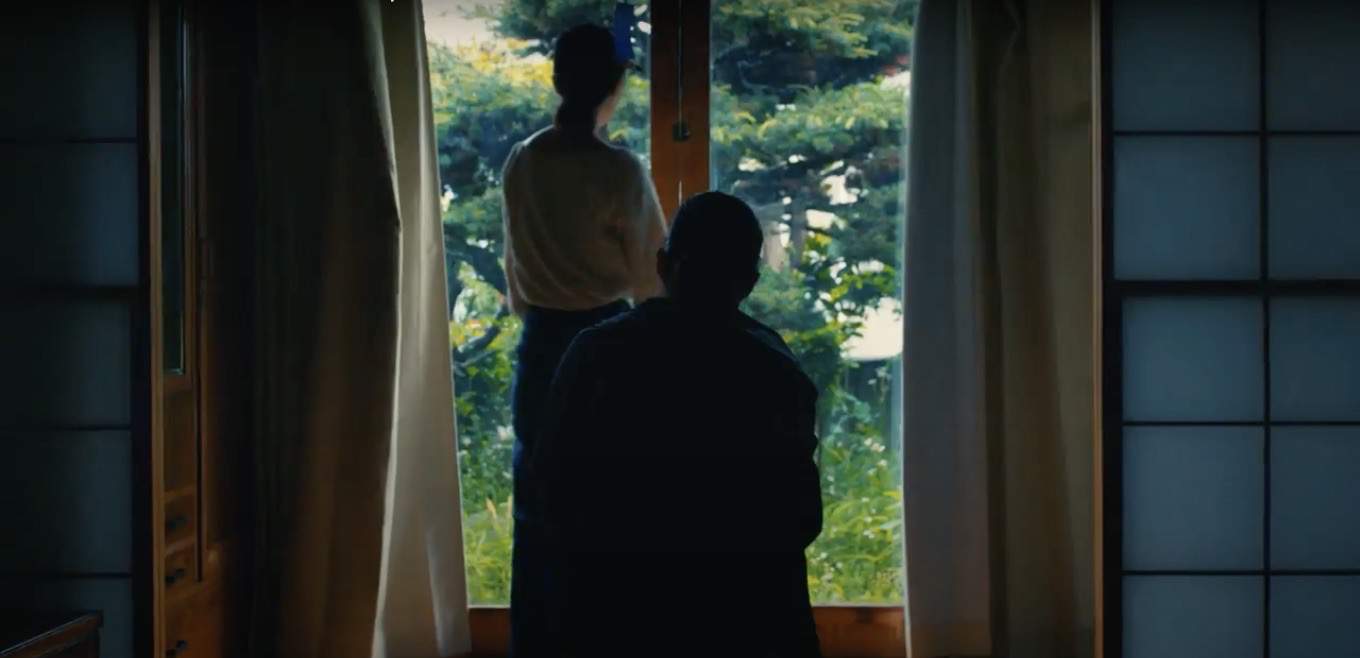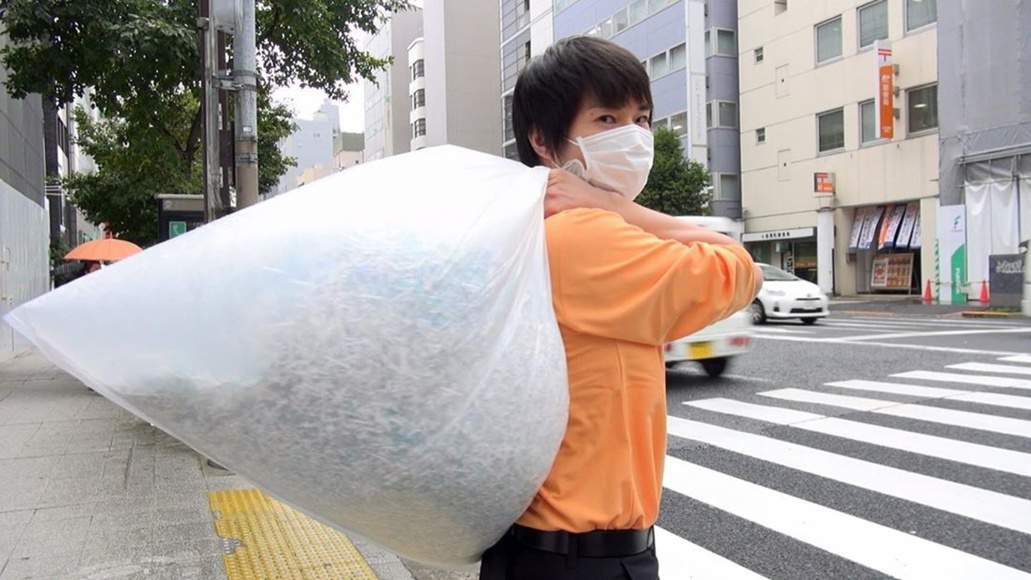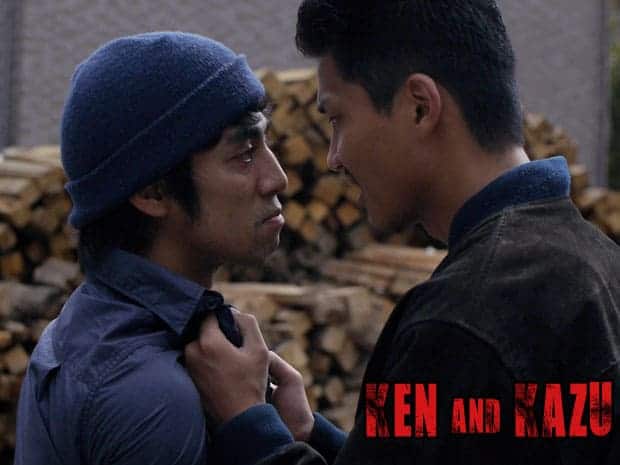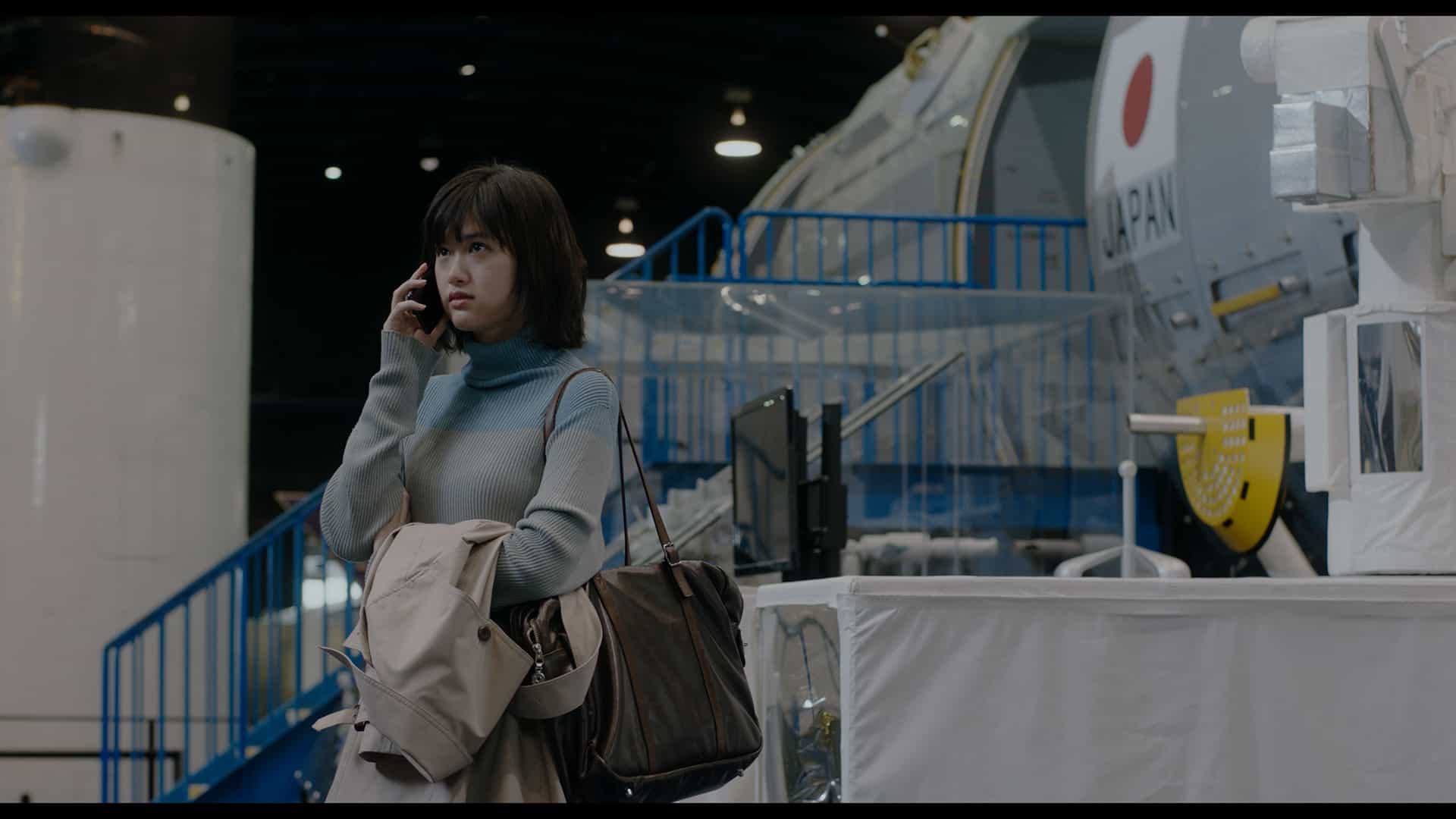Tetsuo Shinobara‘s new film is a curiosity. If you didn't know that the Japanese director is a very experienced one, you could think that „Inubu: Dog Club“ is the work of a novice.
“Inubu: Dog Club” is screening at Toronto Japanese Film Festival

The story begins in the summer 2003 at the Towada veterinary college. Four students, three men and one woman, work hard to become veterinarians. Satoko is the most idealistic one of the four. He saves every dog he can, from the streets, but also from the laboratories of the college. Satoko gets regularly in trouble with one of his professors, because of his attitude. But he can, at the same time, impress him with his enormous enthusiasm and his work ethic. His colleagues are a little less confrontative, but still they help Satoko to run the dog club he dreams of.
Together they take abandoned dogs in, nurse them and hold adoption fairs to find new homes for them. Around fifteen years later, all of the four are veterinarians, one is in the research, one working in the big clinic of his father, one works at the dog shelter and Satoko has his own little clinic. He is still the same idealist, taking abandoned dogs in, not charging for sterilization operations. His uncompromising way gets him, again, into trouble, though. His confrontation with a nearly bankrupt pet shop owner gets out of hand, he is arrested – and his friends from university come to his help.
“Inubu: Dog Club” is in its whole a pamphlet for loving animals. The interpretation of the film is not very complicated, nor does its structure or the script surprise with any particular twists. In fact it is quite simple, even though the story is not told on a linear way, and the narrative uses several flashbacks. This drama who turns to a feel-good movie is the portrait of an idealist – but not a completely sympathetic one. His tenacity is still admirable. The film surely takes sides with the character of Satoko, who is the most developed of all the protagonists.
Director Shinohara has the tendency to show different extremes. For example, besides Satoko, there is one of his friends, Ryosuke, who decides to work at a shelter. He does so because he, as Satoko too, is against the fact that older dogs who do not get adopted after a while, are euthanized. Ryosuke wants to fight against this practice, but from the inside. A very sensible thing in itself. But Ryosuke is exhausted at some point and even attempts to kill himself. The path that took him to this decision is depicted very superficially, hardly credible and also not critical enough.
The characters are very poorly developed. They lack of nuances. And this shows one to one in the acting performances of the main protagonists, Tamae Ando who plays Satoko and Taishi Nakagawa who plays Ryosuke. It's especially Ando who is at times quite hard to take seriously. His gestures and facial expressions are rough, he lacks timing and appears often eccentric and excessive.
When it comes to the aesthetics of the film, a certain documentary-like style prevails. The camera follows the characters, the images reflect a rather middle-class environment. There is no big attention to framing, lightening or color grading. In fact, the used means seem basic, reduced.
The idea to show at several moments how the veterinarians make their surgeries on the dogs is striking. It concerns always the sterilization process. We see how the testicles of the male dogs are cut off. This seems to have fascinated the director very much, because he repeats it several times through the whole film. It is not clear, what exactly his point is with doing so. Since we don't see the whole surgery, it's only a pretended scientific perspective. Still it seems that was important for the director to be as authentic as possible. And in parts we really learn about details of the veterinary tradition in Japan.
For the kind of story it tells, the film is too long. The message is clear quite early in the movie, so that some of the used motifs repeat themselves unnecessarily. It also looks like it's falling apart into different parts that don't fit together properly. The moods change, the pace of the scenes are different, the plot develops too abruptly and falters again and again through the various passionate monologues.
It is not clear if “Inubu: Dog Club” is meant to be a satire, a comedy with a dramatic background, a feel-good film for the whole family or even a political manifesto for the rights of animals – well dogs and a little bit cats, since all other animals play no role in it. Something definitely curious emerged.


